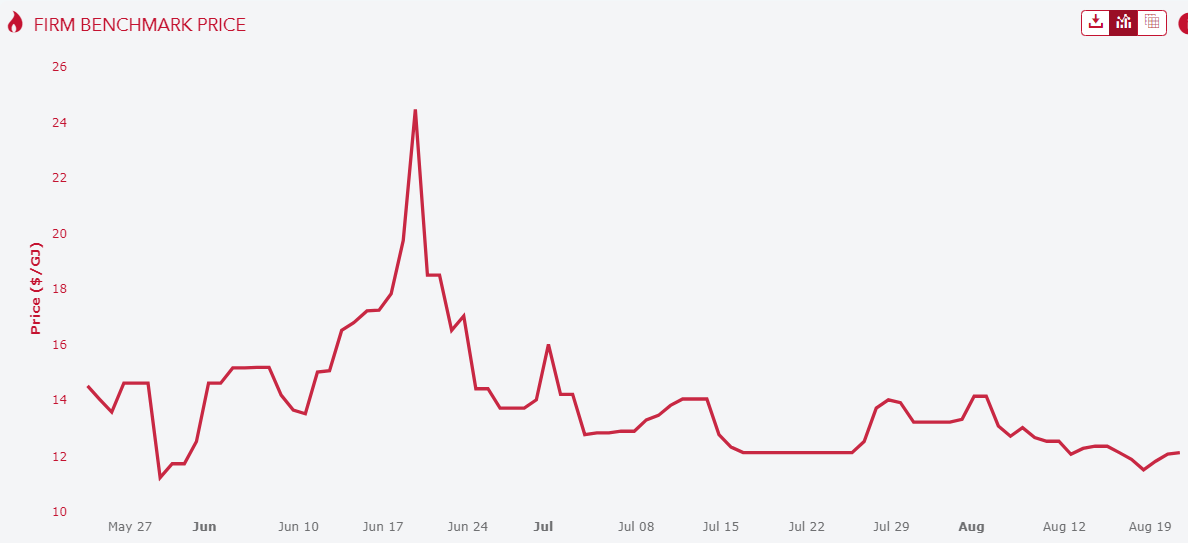How to steal a nation’s energy in two easy steps.
First, form a gas export cartel that so dominates reserves that it can set the local price at any level it likes.
Second, sponsor a think tank to capture policymaking and the media.
Voila! Eastern Australia’s failed energy markets which today have gas prices sitting 150% above average all-in extraction costs:

And electricity prices comparable to the most expensive in the world, despite having the cheapest gas and renewable assets!

With a media that is being led by the nose by the captured think tank:
There has been a surge in Victorians seeking help for rocketing energy costs, with data showing the number of people complaining about “bill shock” jumped 22 per cent in a year.
Meanwhile, energy expert Gavin Dufty said recent rising profits at Australia’s two biggest energy retailers did not pass “the pub test” during the cost-of-living crunch.
…Origin said the energy sector was “one of the most closely regulated and monitored sectors of the economy”. AGL said it understood the pressure on households and businesses amid broader cost-of-living pressures.
Grattan Institute energy and climate change program director Tony Wood said that while both major energy companies had reported substantial jumps in profitability, there was no evidence they had ripped off consumers.
Origin exports the gas that holds up local electricity prices. Origin sponsors Grattan. Tony Wood used to work for Origin.
“No evidence”.

